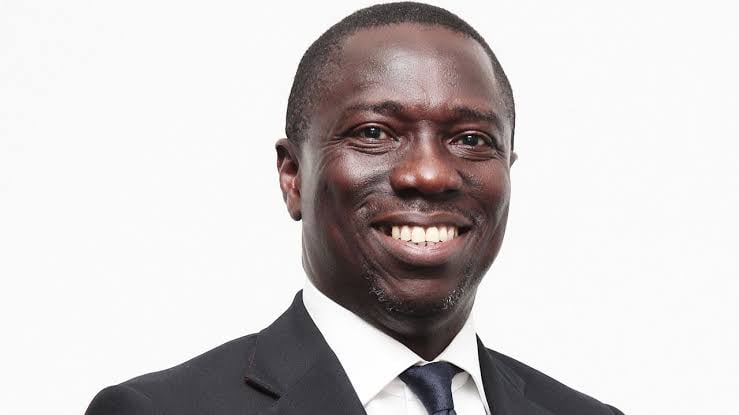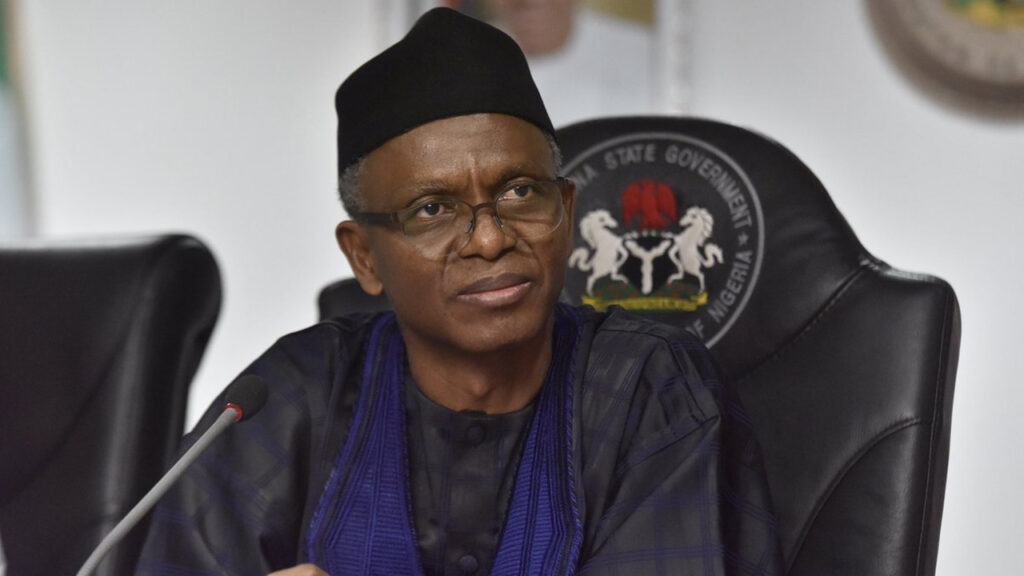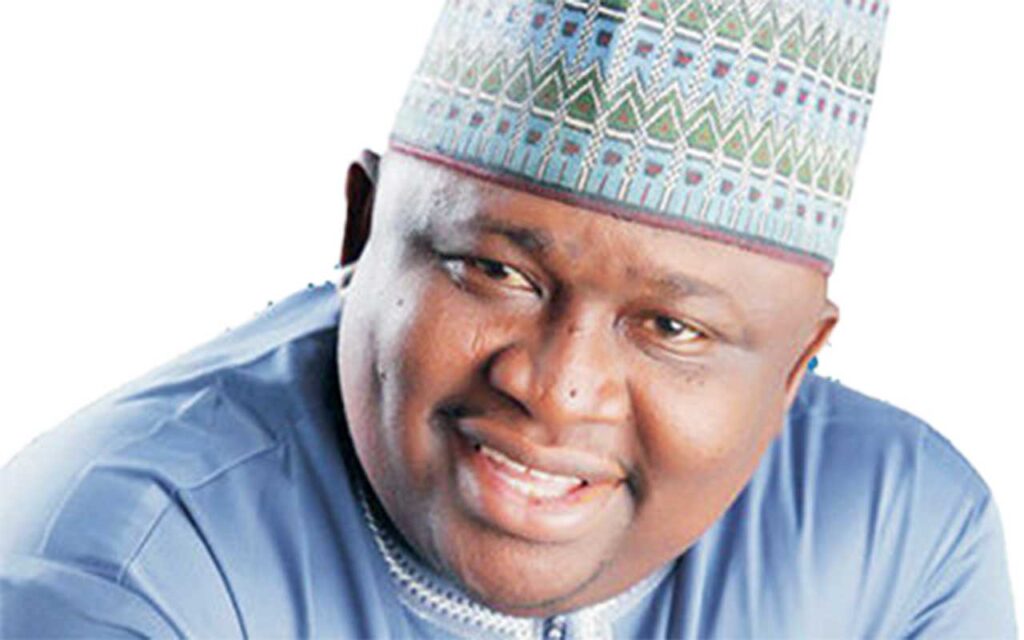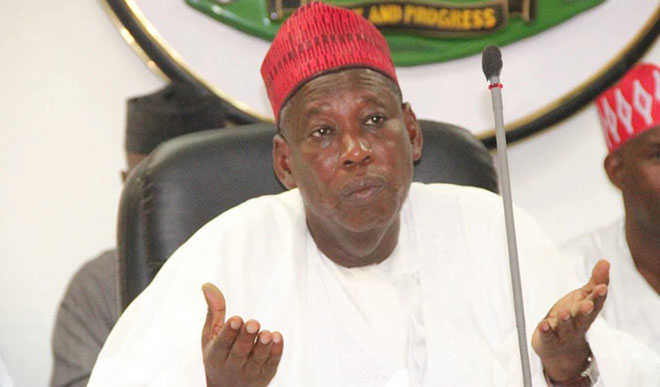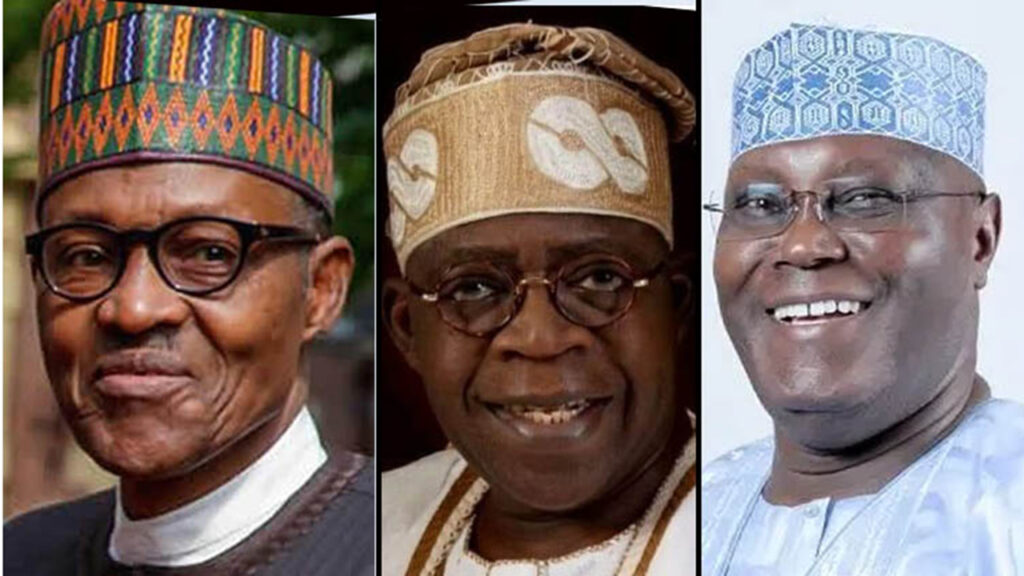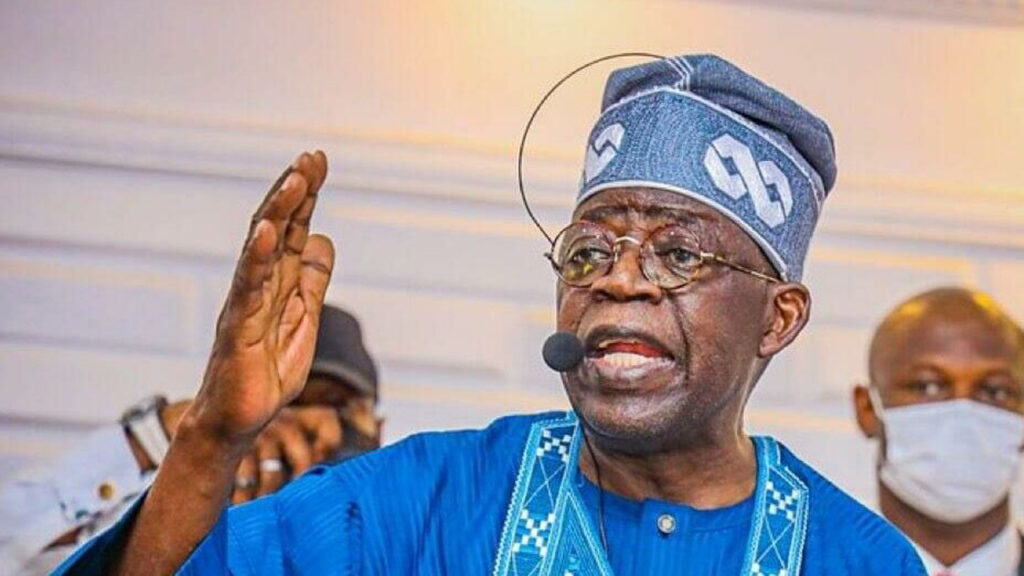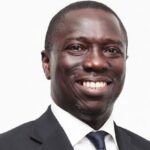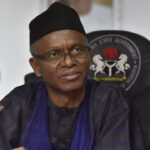
The outcome of the presidential election in Delta State, won by the Labour Party (LP) has thrown the March 11 governorship race open to All Progressives Congress (APC), the ruling Peoples Democratic Party (PDP) and LP.
The presidential candidate of LP Mr. Peter Obi was declared winner of the election across the 25 local councils of the state with 341,866 votes, trailed by PDP’s Atiku Abubakar, who garnered 161,600 votes, and Bola Tinubu of the APC, who polled 90,183 votes to emerge third.
Before the declaration of the results by the Returning Officer (RO), Prof. Ownari Abraham Gorgewill, of the University of Port Harcourt, at the Independent National Electoral Commission (INEC) state office in Asaba, tension was high, especially in the state capital over what many saw as undue delay in releasing the outcome.
Indeed, there was a mild protest around Koka area, a major transport hub in Asaba, but that soon fizzled out as the results were being announced by INEC. And since the results were announced, the capital city has remained calm, even though most LP supporters insisted that their votes were tampered with, saying the figures “allocated” to the party fell short of their actual number of votes.
With the number of registered voters put at 3,225,046; accredited voters, 667,149; total valid votes, 615,341; rejected votes, 39,309 and total votes cast, 654,650, LP secured over 50 per cent of the total votes cast.
The declared results, which were endorsed by the parties’ agents at the collation centre in the presence of security personnel and accredited observers and monitors, however fell short of what most LP supporters claimed to be the real figures. But whether the figures were real or less, they have set off a new political order in the state, especially regarding the March 11 governorship election.
Before now, the governorship race was considered a two-horse contest between PDP and APC, and rightly so then, based on antecedents. With the outcome of the poll, and if the turnout of youths continue on March 11, perhaps LP would be the party to beat.
Certainly, the presidential election has brightened the chances of both the LP and APC, just as it appears to have dimmed those of the ruling PDP. In Delta North senatorial district, where Governor Ifeanyi Okowa hails from, Prince Ned Nwoko of the PDP won the election, defeating the incumbent senator, Chief Peter Nwaoboshi, of APC, who is in jail over fraud conviction and was not able to campaign.
Nwoko polled 92,514 votes to defeat his closest rival, LP’s Kennedy Kanma, who secured 86,121 votes, with Nwaoboshi scoring 36,816 votes. For Ika Federal Constituency, the incumbent, PDP’s Victor Nwokolo was declared winner for the House of Representatives seat, having polled 27,973 votes to beat LP’s Uwanne Utomi, with 20,437 and APC’s Doris Uboh, who scored 9,878 votes.
Jonathan Ukodhiko of the PDP won Isoko Federal Constituency in Saturday’s National Assembly elections. The former commissioner for Energy polled 23,487 votes to defeat his closest rival, Dickson Ebegbare of the Social Democratic Party (SDP), who scored 21,416 votes.
It was not the same for Minority Leader of the House of Representatives, Ndudi Elumelu, representing Aniocha/Oshimili Federal Constituency on the platform of PDP, who lost his fourth term re-election bid to LP’s Ngozi Okolie.
Okolie garnered 53,879 votes, Elumelu, 33,456 votes and Tony Nwaka of APC, 11,712 votes. Another game changer was APC winning Delta Central and Delta South senatorial districts. In Delta Central, Ede Dafinone, a chartered accountant, son of the late renown chartered accountant and former senator, the late David Dafinone, in following his father’s footsteps, polled 109,197 votes to defeat his closest rival and PDP candidate, Ighoyota Amori, who scored 101,385 votes, and All Progressive Grand Alliance (APGA) candidate, Peter Omaruaye, who scored 17,523, to come a distant third, while the New Nigeria People’s Party (NNPP) polled 4,721 votes.
Daughter of Chief James Ibori, a former governor of the state, Erhriatake Ibori-Suenu, defeated incumbent, Ben Rolands Igbakpa of the New Nigerian People’s Party (NNPP) for the Ethiope Federal Constituency by polling 20,814 votes, against APC’s 15,172 and NNPP’s 8,901 votes.
In Delta South, which comprises Isoko, Ijaw and Itsekiri nationalities, APC candidate, Joel Onowakpo-Thomas, a former chairman of Delta State Board of Internal Revenue, defeated PDP’s Michael Diden (Ejele) by 49,955 votes to 47,696 votes.
Given the performance of the three major political parties at the February 25 election, the old order has changed, and could change further into an upset if the trend continues on Saturday. Until last election, there was always the talk of Delta being PDP and PDP being Delta, with LP practically not in reckoning and APC accorded little chance of winning the governorship. But not anymore, with LP beating the rest in the presidential poll and APC snatching a senatorial seat from the PDP, in addition to its earlier one, just as observers said it would have been a fight to finish in Delta North if Nwaoboshi was not imprisoned.
With LP shaking the table and pulling a huge surprise, some said it’s game over for PDP in the state, as its dominance has been decimated, particularly with its fractured umbrella arising from its choice of candidates.
While the LP candidate, Kennedy Pela, is relatively unknown and barely campaigned for the position, but relying heavily on Obi’s rising profile, especially among the youths, his main opponents are the current Speaker of the state House of Assembly in the last eight years, Sheriff Oborevwori, of the PDP and APC’s Ovie Omo-Agege, who is the current Deputy Senate President.
Pela may be riding on the euphoria of the moment and counting on LP supporters to repeat the feat of last Saturday by turning out enmasse on March 11 to cast their votes. If that happens, he would be on his way to Government House, Asaba come May 29.
The snag is that since the announcement of the results for the presidential election, which their candidate lost, most youths in the state, as well as other supporters of the party have become despondent and are unlikely to troop out on election day, at least like they did on February 25.
Apart from the feeling that their votes were “stolen” or did not count in the last election, despite standing in the sun and rain to cast their votes, based on the hope of a better future the Obi-Datti ticket provided, many of the youth vowed not to waste their time again by coming out to vote.
These are the only two factors that could hinder LP and Pela from winning the election. But if the momentum is sustained, despite the personality of the candidate, Delta is in for a big upset.
APC and Omo-Agege made strong showing in the last election, to the surprise of many critics and discomfort of the ruling PDP. That the party was able to not just match, but snatch a senatorial seat from the PDP is no mean feat in a state dominated by the latter since 1999.
Omo-Agege was an executive assistant to Ibori in 2003, commissioner for Special Duties in 2005 and secretary to the state government in 2007. He contested the PDP governorship primary and lost to Emmanuel Uduaghan, who was Ibori’s anointed candidate.
The pedigree of the two-term Delta Central senator and the euphoria of the party’s victory in the presidential election might not be formidable enough to dislodge the PDP that has held sway in the state since 1999.
DSP, as his supporters call him, is riding on the internal division in the PDP, which arose from its primary and which is yet to heal itself fully. And recent ability of APC in the state to put its house in order is surely yielding the desired fruits.
In addition to these, only a low turnout of LP supporters on March 11 can give APC victory, hoping that the current disdain against his party’s alleged manipulation and win in the presidential election does not trickle down to the governorship poll.
As for the PDP, it was almost a done deal until the February 25 poll, whose outcome has sent the ruling party back to the drawing board. All has not been well with the party since governorship primary, as the number of members feeling alienated rose with the emergence of Oborevwori, as the flag bearer.
Apart from the court case instituted by the first runner-up, David Edevbie, who is the preferred candidate of Ibori, some members have left the party or remain aloof in its affairs.
Even Ibori himself has not fully identified with the party since then, and despite his daughter winning election into the House of Representatives, observers say he might decide to support Omo-Agege, who was at one time a member of the Ibori political dynasty.
Ibori has not hidden his preference for Edevbie against Okowa’s choice, Oborevwori and never personally took part in the candidate’s campaigns/rallies. But his cousin and immediate past governor of the state, Dr. Emmanuel Uduaghan, seemed to have taken up the job of reconciling the party ahead of the election.
Some political analysts said Okowa might be losing grip of the state’s politics, judging by the outcome of the Presidential and National Assembly elections, meaning more sweat in the armpit and more work to do ahead of March 11.
PDP can only hope that young voters and LP supporters, who are feeling discouraged by the results of the February 25 elections, do not troop out on March 11 along the same path, at least not in large numbers. As things stand in Delta State, the governorship race is open for PDP, APC and LP to win, depending on the extraneous factors.

